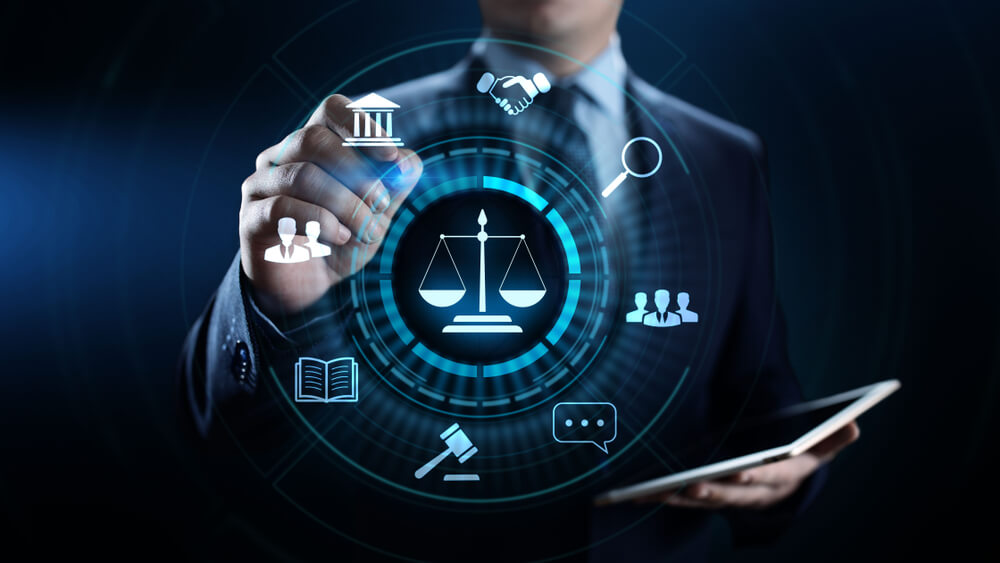The legal profession, steeped in tradition, is undergoing a significant transformation. Legal technology, or legal tech, is rapidly changing the landscape, introducing innovative solutions that are streamlining processes, improving efficiency, and making legal services more accessible.
What is Legal Tech?
Legal tech encompasses a wide range of technologies used by lawyers, legal professionals, and clients. Here are some of the key areas of focus:
- Contract Management: Software automates contract drafting, negotiation, review, and approval processes.
- Legal Research: AI-powered tools analyze vast amounts of legal data to identify relevant case law, regulations, and precedents.
- E-discovery: Technology helps streamline the process of electronically identifying, collecting, and producing electronically stored information (ESI) relevant to legal cases.
- Document Automation: Legal documents can be automatically generated based on templates and specific client information.
- Client Communication: Online portals and collaboration tools facilitate secure communication and document sharing between lawyers and clients.
Benefits of Legal Tech
The adoption of legal tech offers a multitude of benefits for both lawyers and clients:
- Increased Efficiency: Automation and streamlined workflows save lawyers valuable time, allowing them to focus on more strategic tasks and provide better client service.
- Reduced Costs: Legal tech can significantly reduce administrative costs associated with legal work, leading to potentially lower fees for clients.
- Improved Accuracy: Technology can help minimize errors in legal documents and research, ensuring greater accuracy and compliance.
- Enhanced Accessibility: Legal tech can make legal services more accessible to a wider range of clients by providing cost-effective solutions and online resources.
The Future of Legal Tech
The legal tech industry is constantly evolving, with new innovations emerging all the time. Here are some exciting possibilities for the future:
- Artificial Intelligence (AI): AI will play an even greater role in legal research, document review, and due diligence.
- Blockchain: This technology can revolutionize legal recordkeeping by ensuring secure and transparent data storage.
- Big Data Analytics: Lawyers will be able to leverage vast amounts of legal data to gain insights and develop more effective strategies.
Embracing the Change
While some may view legal tech as a threat, it’s important to see it as an opportunity. By embracing these new technologies, lawyers can improve their practice, enhance client service, and stay ahead of the curve in this ever-changing legal landscape.
Are you ready to experience the future of law? Explore legal tech solutions and see how they can benefit your practice or legal needs.


This is dummy copy. It is not meant to be read. Accordingly, it is difficult to figure out when to end it. If this were real copy, it would have ended long ago, because‚ as we all know‚ no one reads body copy, and even fewer read body copy this long. But then, this is dummy copy. It is not meant to be read. Period.